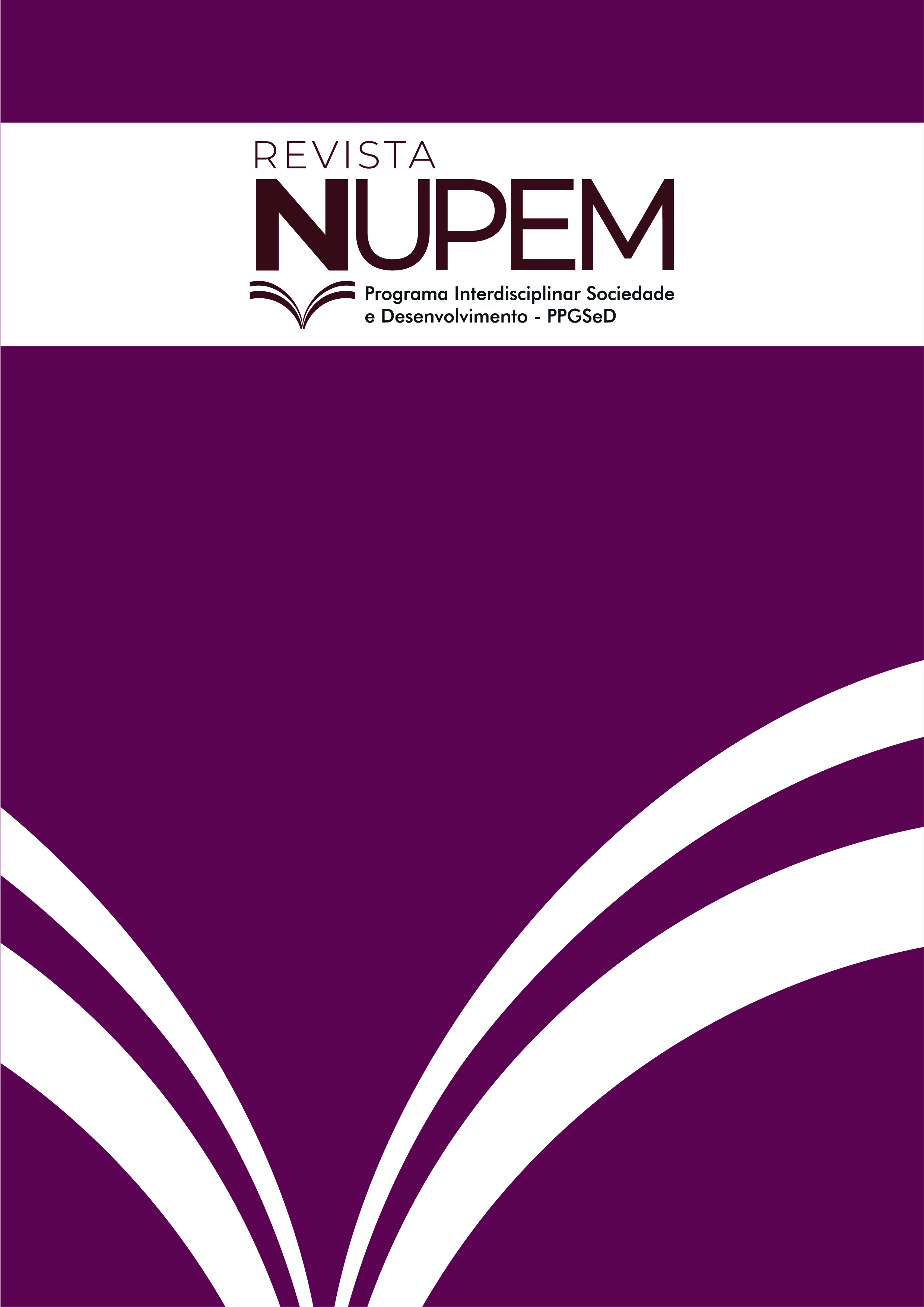The myth of the subject and the subject of the myth: between modern rationality and (auto)biographic rationality
DOI:
https://doi.org/10.33871/nupem.2022.14.32.10-21Keywords:
Subject, Rationality, Mythology, (Auto)biographicalAbstract
This essay is theoretical in nature and proposes to think about the theoretical-epistemic aspects that constitute, in the tradition of Western thought, the idea of subject and rationality. In the development of this proposition, there is the recognition that mythical traits, present in Greco-Roman stories, constitute elements that become structuring in the ideals of modern thought. The text, in dialogue with the myths, produces reflections on modern rationality in its instrumentalization of the way of operationalizing reason, in the search for the objectivity of what is produced in terms of scientific knowledge and in the construction of the figure of a universal subject and rationalizer of their knowledge processes and themselves. From this reading on the modern subject and modern rationality, the text leads to other formative possibilities that take place in the comprehensive expansion of reason and the constitution of the subject, through the announcements of (auto)biographical subject and (auto)biographical rationality.
Downloads
References
ADORNO, Theodor; HORKHEIMER, Max. Dialética do esclarecimento: fragmentos filosóficos. Rio de Janeiro: Zahar, 1985.
BOMBASSARO, Luis Carlos. As fronteiras da epistemologia: como se produz o conhecimento. Petrópolis: Vozes, 1992.
DELORY-MOMBERGER, Christine. Formação e socialização: os ateliês biográficos de projeto. Educação e Pesquisa, v. 32, n. 2, p. 359-371, 2006.
HERBIG, Jost. La evolución del conocimiento: del pensamiento mítico al pensamiento racional. Empresa Editorial Herder: Barcelona, 1997.
HESSE, Hermann. Narciso e Goldmund. São Paulo: Brasiliense, 1973.
JAEGUER, Werner Wilhelm. Paideia: a formação do homem grego. São Paulo: WMF Martins Fontes, 2010.
JOSSO, Marie-Christine. As histórias de vida como territórios simbólicos nos quais se exploram e se descobrem formas e sentidos múltiplos de uma existencialidade evolutiva singular-plural. In: PASSEGGI, Maria da Conceição (Org.). Tendências da pesquisa (auto)biográfica. Natal; São Paulo: EUFRN; Paulus, 2008, p. 21-50.
JOSSO, Marie-Christine. Experiências de vida e formação. Natal; São Paulo: EDUFRN; Paulus, 2010.
JOSSO, Marie-Christine. Processo autobiográfico do conhecimento da identidade singular-plural e o conhecimento da epistemologia existencial. In: ABRAHÃO, Maria Helena Menna Barreto; FRISON, Lourdes Maria Bragagnolo; BARREIRO, Cristhianny Bento (Orgs.). A nova aventura (auto)biográfica: Tomo I. Porto Alegre: EDIPUCRS, 2016, p. 59-89.
MORIN, Edgar. Introdução ao pensamento complexo. Porto Alegre: Sulina, 2011.
NEVES, Júlia Guimarães. O sujeito da educação: possibilidades formativas da racionalidade (auto)biográfica. 121f. Doutorado em Educação pela Universidade Federal de Pelotas. Pelotas, 2019.
OLIVEIRA, Ivanilda Apoluceno de. Epistemologia e educação: bases conceituais e racionalidades científicas e históricas. Petrópolis: Vozes, 2016.
PLASTINO, Carlos Alberto. Os horizontes de Prometeu: considerações para uma crítica da modernidade. Physys: Revista de Saúde Coletiva, v. 6, n. 1-2, p. 195-216, 1996.
RICOEUR, Paul. Tempo e narrativa: o tempo narrado. São Paulo: Martins Fontes, 2010.
RICOEUR, Paul. O si-mesmo como outro. São Paulo: Martins Fontes, 2014.
VERNANT, Jean-Pierre. O universo, os deuses, os homens. São Paulo: Companhia das Letras, 2000.
Downloads
Published
Issue
Section
License
Copyright (c) 2022 Revista NUPEM

This work is licensed under a Creative Commons Attribution 4.0 International License.



